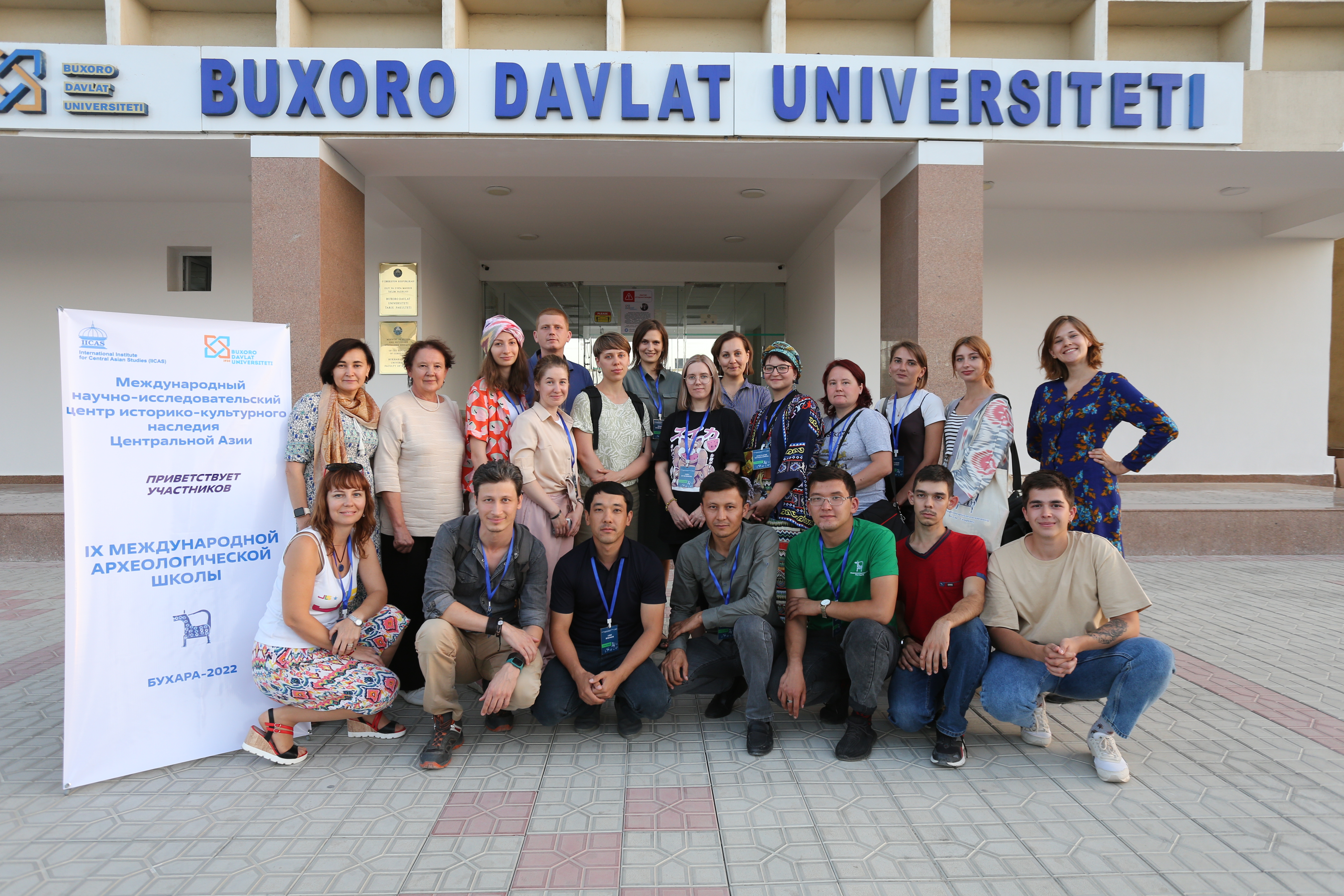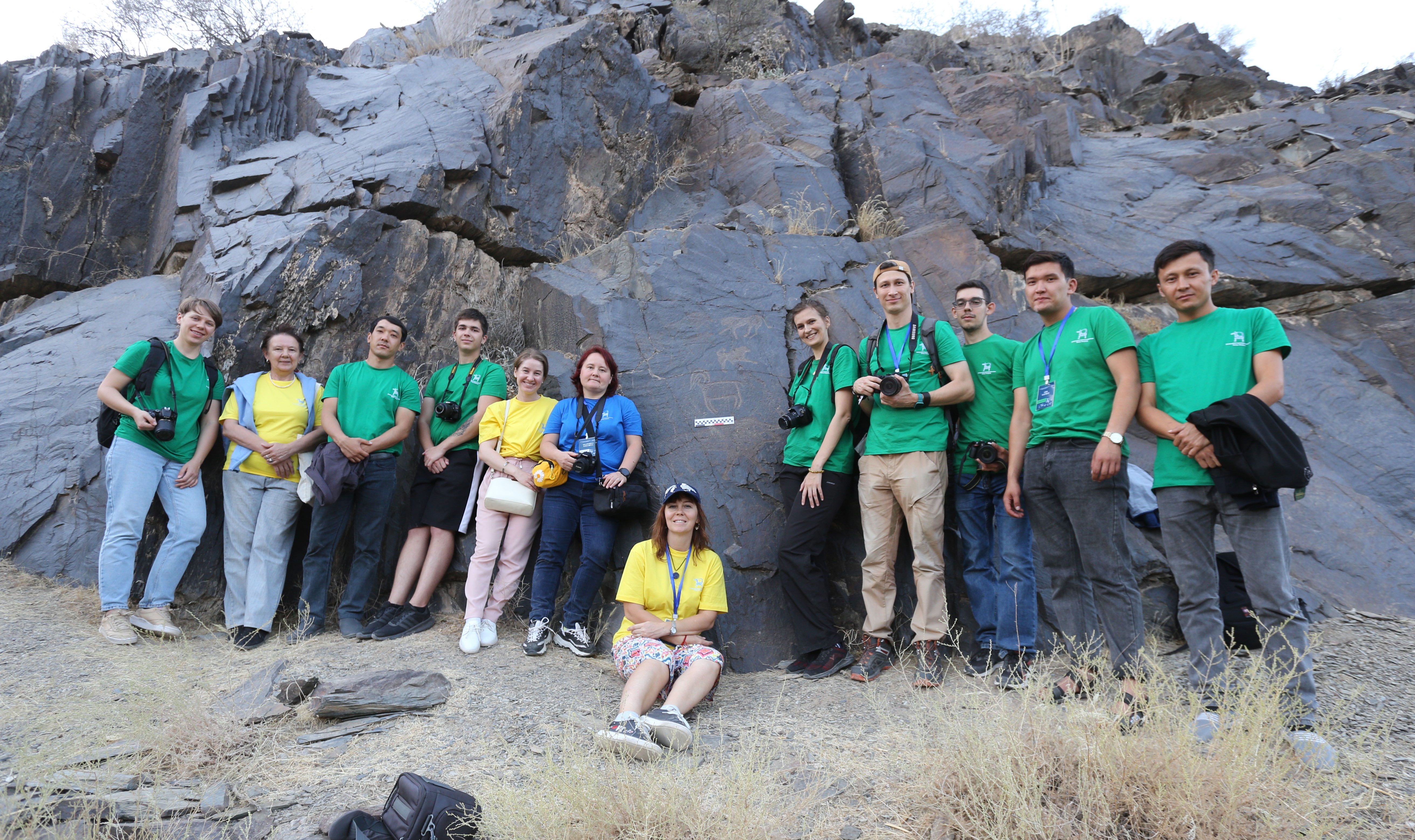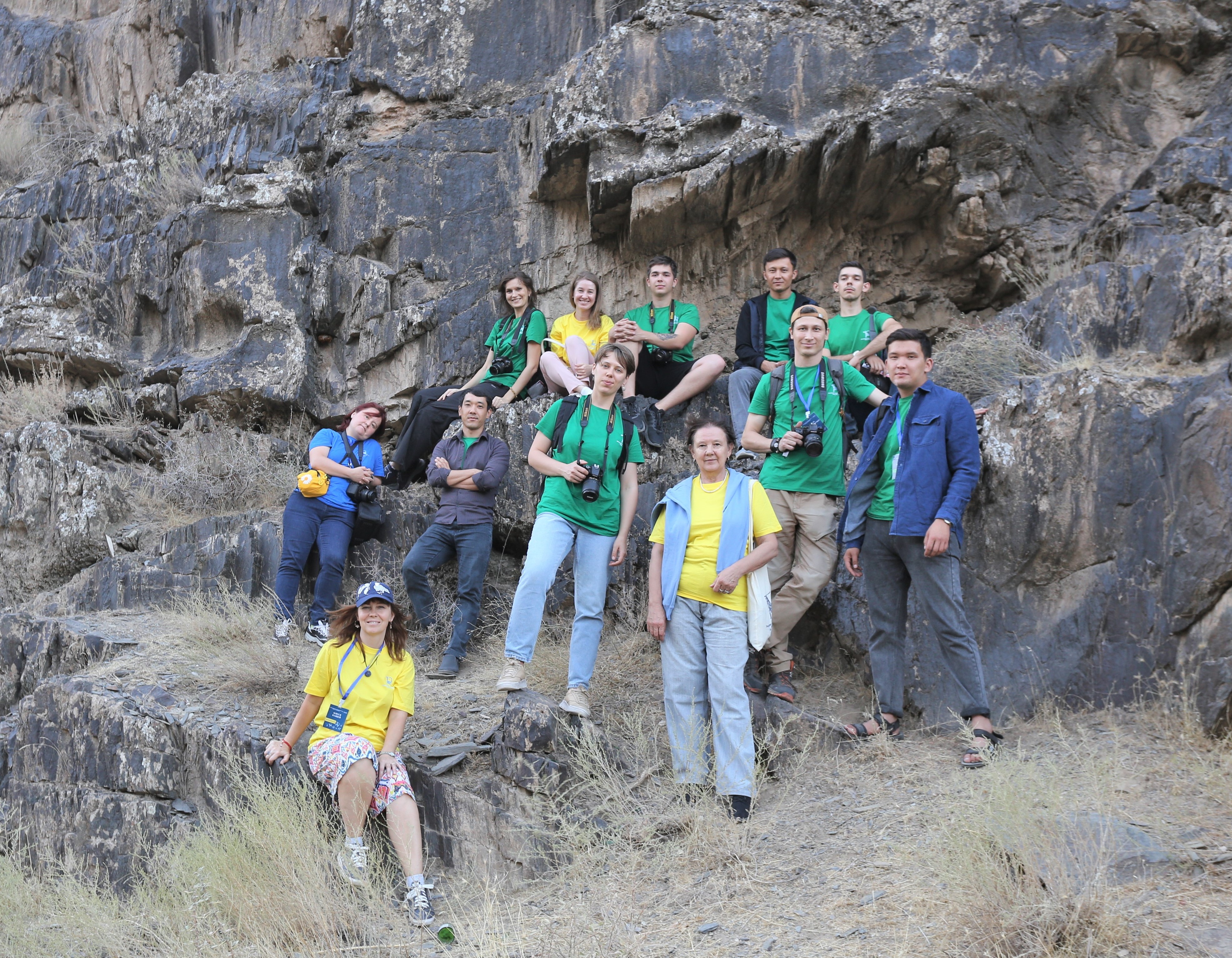
The closing of the 9th International Archaeological School (IAS)

*
On
September 24, 2022, following 2 weeks of intense but fruitful work, the final
conference has been held in the Lecturing Hall of the “Silk Road” International
University of Tourism and Cultural Heritage in Samarkand, marking the closing
of the 9th International Archaeological School (IAS) - a unique educational
program established by the A. Kh. Khalikov Institute of Archeology of the
Academy of Sciences of the Republic of Tatarstan and the Institute of
International Relations, History and Oriental Studies of Kazan Federal
University in 2014, being pursued and implemented, among other things, thanks
to the financial support of the International Institute for Central Asian
Studies (IICAS) as part of the Institute’s Research Activities Plan for the 2022-2023
research year.
At the
conference, which was held in the hybrid on- and off-line format, the results
of the work of three sections were summarized, particularly: "Geoarchaeology",
"Ceramics as Mass Archaeological Material", and "Scientific and
Laboratory Restoration"; talks were delivered by both the School
participants themselves and by visiting archaeologists and restoration
specialists. At the end of the conference, participants were awarded their
individual IAS completion certificates.
This year IAS was held in Samarkand and Bukhara –
being two cities rich in their ancient history and long-standing research
traditions. We would like express our special thanks to the School co-organizers,
who provided invaluable assistance in implementing this educational initiative,
particularly to the “Silk Road” International University of Tourism and
Cultural Heritage, to the Yahyo Gulomov Samarkand Institute of Archeology, to
the Samarkand State Historical-Architectural And Art Museum-Reserve, to the Bukhara
State University, and to the Bukhara State Museum-Reserve; and our separate
acknowledgement is for the "Ark" Museum of Local Lore and History.
Share:





